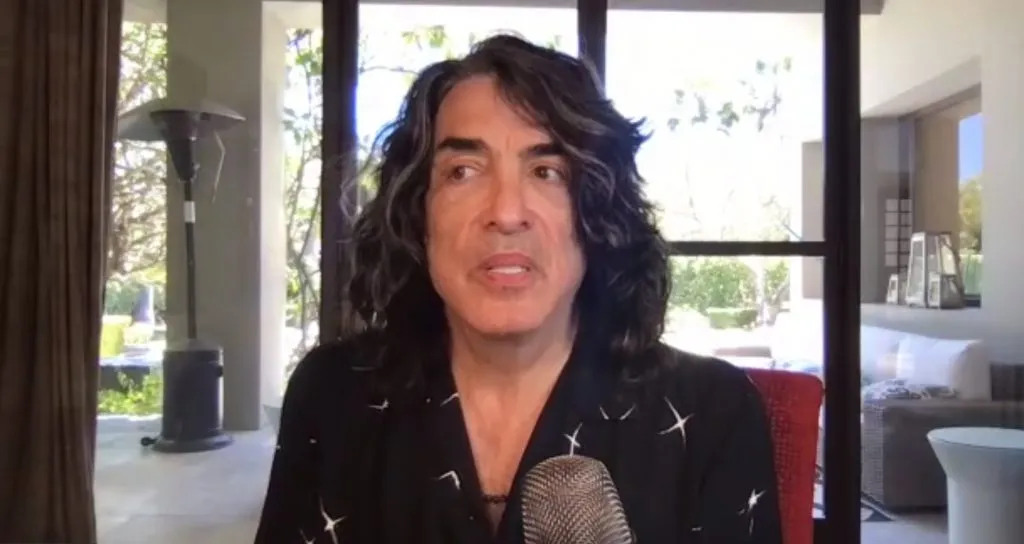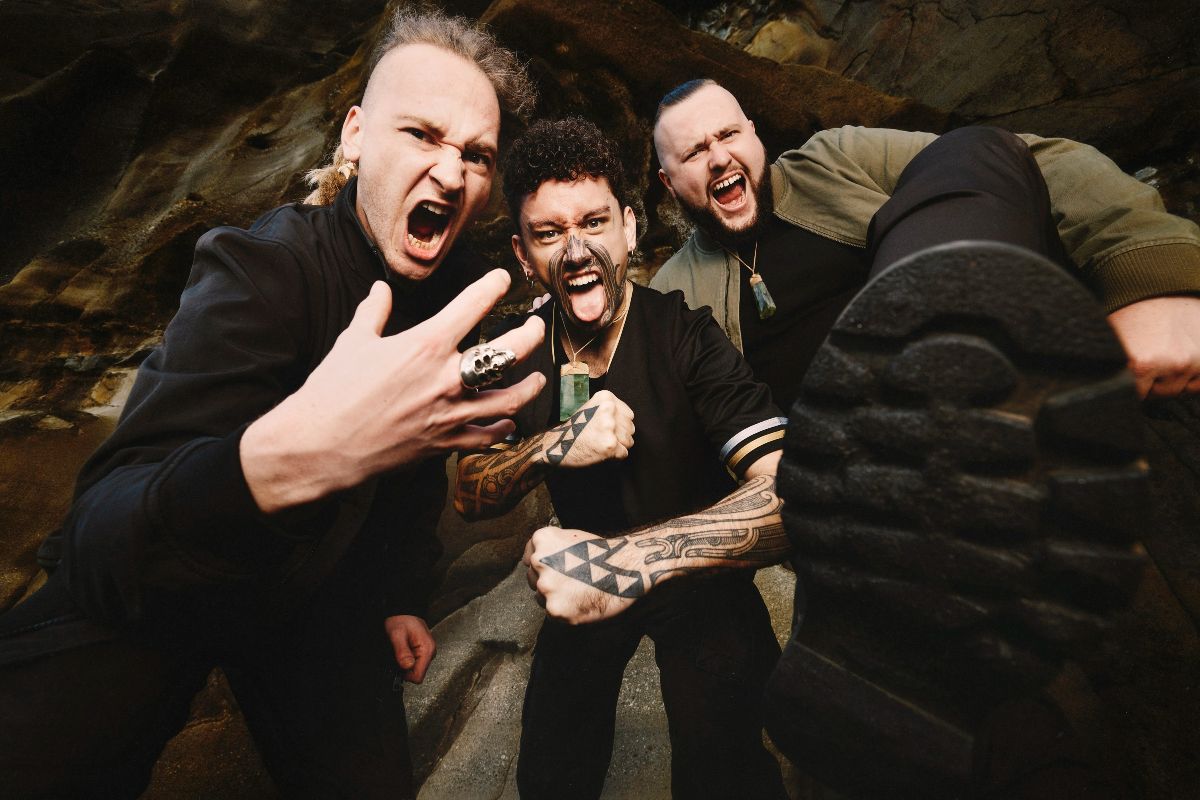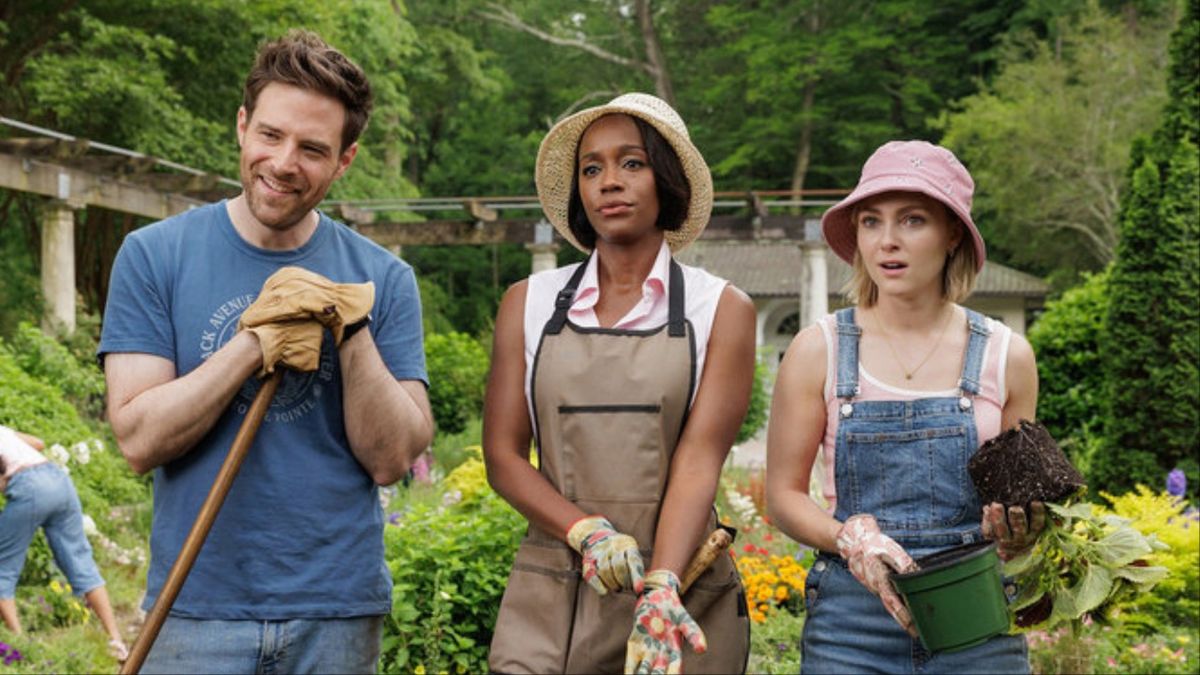
Lisa Morales was on her own for Sonora (Luna)—more so than ever before. As Morales assembled the songs for her fourth LP, she no longer had the support of her older sister, Roberta, who lost her battle with cancer in 2021. Together, as Sisters Morales, the two were a force in Texas music for more than 20 years. When Lisa launched her solo career in 2011, Roberta was always there to lean on. For Sonora, the Austin-based singer/songwriter would have to rely on memories—of which she had plenty. Though the album leans heavily on the Mexican music of Lisa’s Arizona youth, with some lyrics sung in a mix of Spanish and English, the music spans rock, country, folk and Americana—sometimes within a single song.
Sonora is an emotional ride, to be sure. It ends on a painfully personal note with “Hermana,” a heartbreaking ballad that Lisa wrote shortly after Roberta’s death. But the album isn’t consumed by grief. The feeling is more like relief, even celebration. Morales calls it an “eruption … a total purge.” She expands on that below.
Perhaps this isn’t the most empathetic way of putting it, but Sonora does have a lot of personal baggage.
Well, it is baggage. I mean, this is a very personal record. They all are, but this one is very much … You know, I have my sister’s voice singing in the car on one of the recordings. She’d asked me to do something with her music before she died, so she left me over a hundred voice memos of songs she’d started. With “It’s A Common Thing,” I finished her song. It doesn’t get much more personal than that. I wrote “Hermanitas In The Rain” three days before she passed. She was pretty much in bed at that point, and I had this flood of memories that came to me of us as little girls—so I wrote that out.
You think you’re going to be diving into something completely traditional, but that’s really not the case.
True, but there is this ribbon of my Mexican heritage that holds it together. That’s why I called it Sonora, because we’re from Tucson—and below Tucson is Sonora, Mexico. The food we ate growing up was very Sonora influenced—and the music.
Roberta lived with you for three years after she got sick. What was that like?
We got to this point where it was as if we were four and five years old again. There was no past; there was no future. There was none of the anger or resentment you go through as a family. It was just this beautiful, pure love. When we were walking down the hall as I was helping her, we were walking on air. We got to this beautiful point. When my mom passed, I learned to live in the moment. So when I went through that with Roberta, we were living in the moment—and we were saying all the things we needed to say.
Explain your use of Spanglish on this album.
It’s just a fusion of Spanish and English. Growing up, we weren’t allowed to do it. My grandparents would speak Spanish and English to us, and my mom would say, “Speak one or the other.” She was a linguist—she got her Ph.D. from Arizona State University. After she passed, I did (2018’s) Luna Negra And The Daughter Of The Sun, and what was flowing from me was this cadence. Even in English, it was more like you’d say it in Spanish, because the order of words is different. It was just naturally flowing from me. When I got to this album, it was just, you know … I’d laugh and say, “Mom would’ve hated that mixing of languages.” But as an art form, she would’ve appreciated it so much, because she was a poet.
Speaking of family, your son, Thomas Spencer, is now an official member of your band.
He’s 19—and, wow, he’s just phenomenal. I love his harmonies so much. We were sitting in the living room when he was first playing guitar, and he was like, “I can’t sing and play at the same time.” And I said, “Think about it. When Stevie Ray Vaughan played, he stopped playing while he was singing. Don’t worry about it so much.” Now he’s just killing it. I missed that family harmony with Roberta—we had that special thing. Now my son’s doing it, and he’s got that big voice.
—Hobart Rowland
See Lisa Morales live.

























